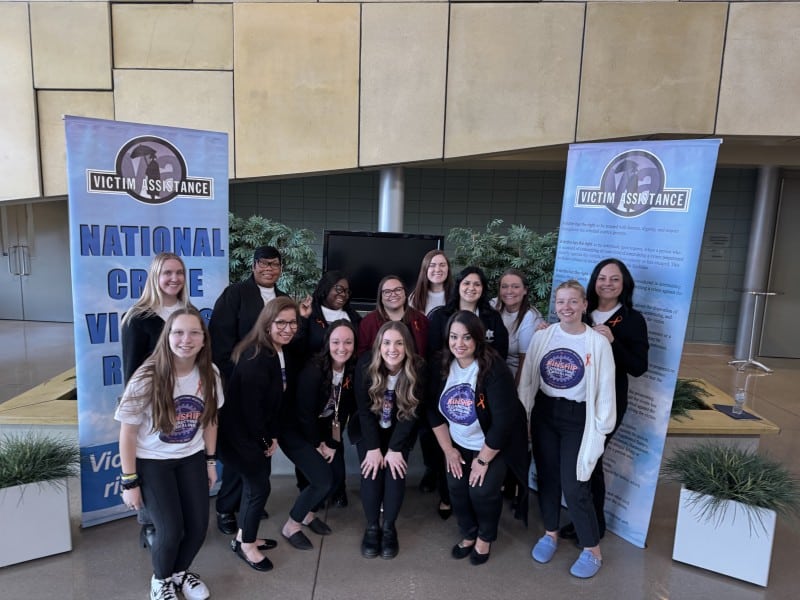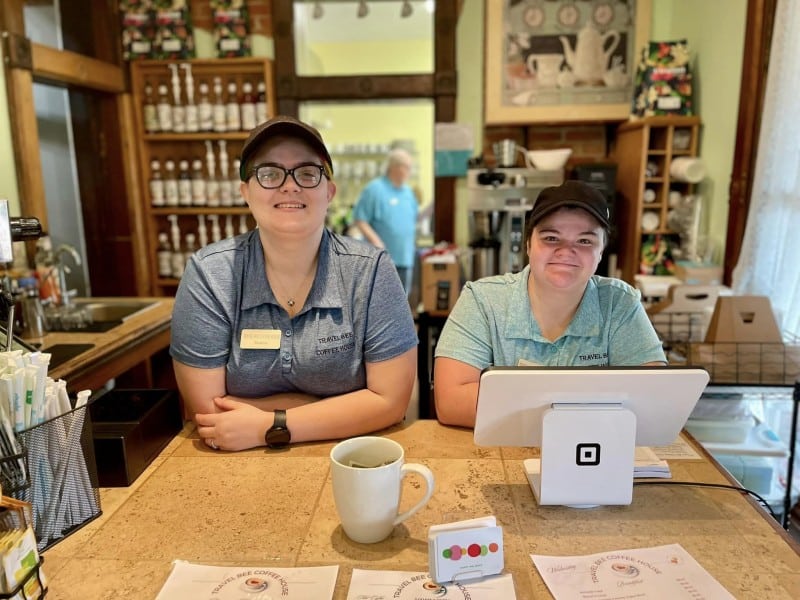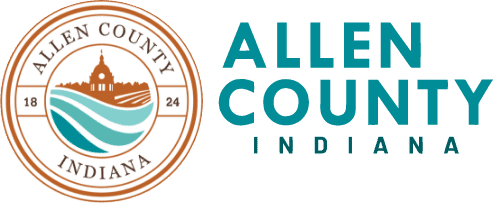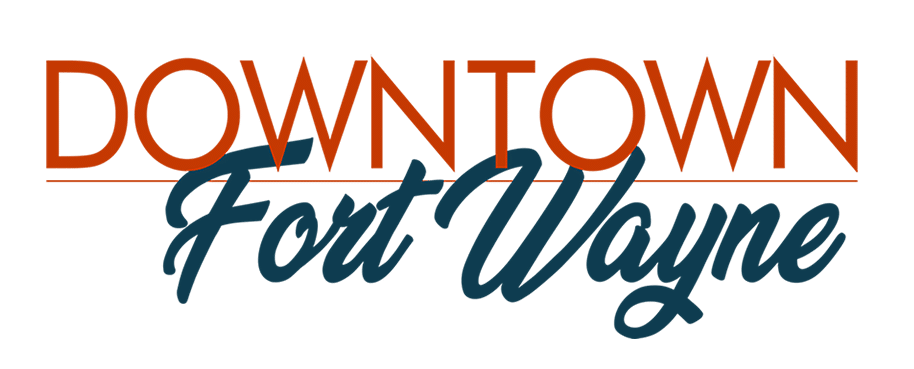Responding creatively: How to help Fort Wayne’s arts scene survive the COVID-19 crisis
"We are at a time when creative people will be called upon to think and plan creatively."
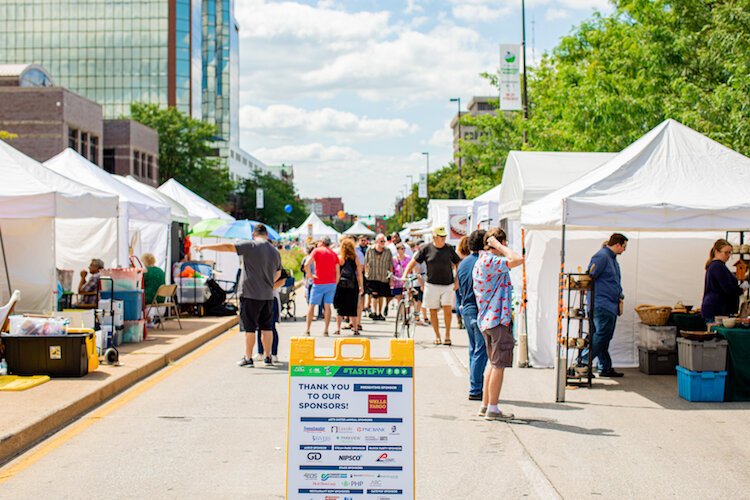
After the Great Recession of 2008, about 80 percent of American public schools faced budget cuts, and arts programs were often the first to go because they were deemed “nonessential.”
But when it comes to the COVID-19 crisis facing cities like Fort Wayne in 2020, Susan Mendenhall, President of Arts United, hopes that the community will have a different response.
“The loss of the arts is beginning to be recognized as a workforce issue, and not, ‘Let’s close down the nonessential activities,’” Mendenhall says. “The arts and culture are not an unnecessary component of our workforce, and recognizing this as an employment and workforce development issue is going to be important.”
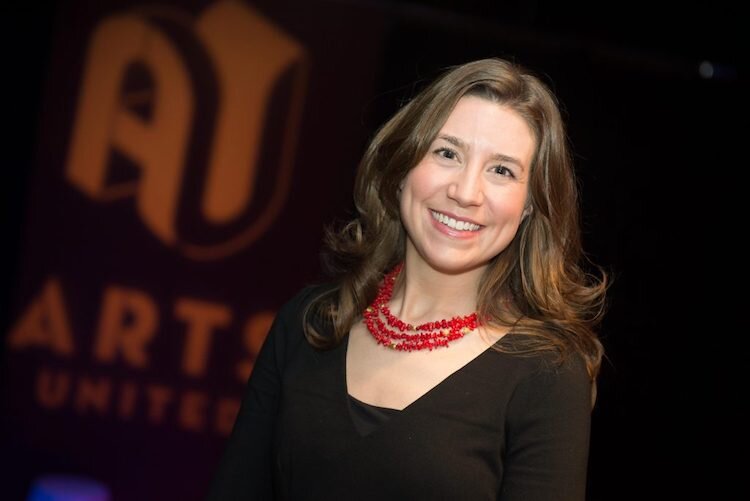
As such, Arts United is working to help artists and arts organizations in Fort Wayne rise above the COVID-19 crisis, and come out on the other side smarter and stronger.
As COVID-19 was scaling up in China about six weeks ago, Arts United began to anticipate how the city’s arts and culture organizations might be impacted, Mendenhall says.
They met to raise awareness of the disease and discuss healthy practices. But ultimately, no one was prepared for how drastically the situation would escalate and impact the city’s workforce and creative culture. They had no idea there would be such severe event restrictions and building closures. And they had no idea it would all happen within a matter of days.
“That’s been the interesting part of this experience,” Mendenhall says. “No matter how prepared your organization can be for a disaster or crisis, you can’t be prepared for this type of thing. No organization could have thought through the implications of where we’ve come in just the last week.”
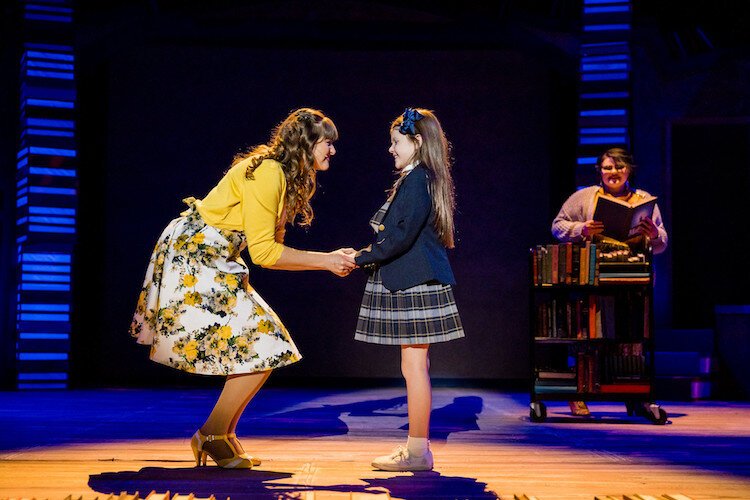
Mendenhall is no stranger to thinking on her feet in times of crisis.
When the bottom fell out of the stock market in October 2008, she was working for the Fort Wayne Philharmonic, on leave with the Atlantic Symphony.
It was a time when a lot of arts and culture organizations were enjoying a period of growth and expansion, she remembers. The Atlantic Symphony was working a few large capital campaigns to develop a new facility, but all of those plans had to be reimagined or delayed as funders’ giving capacity diminished.
As the market plunges again with COVID-19, Mendenhall fears it will mean more than a health crisis for Fort Wayne’s arts organizations; it will also be a financial crisis.
“Many arts organizations are resilient, but they will need to be resorting to operations in the time of a recession and thinking about tightening their belts financially as we crawl out of this,” she says.
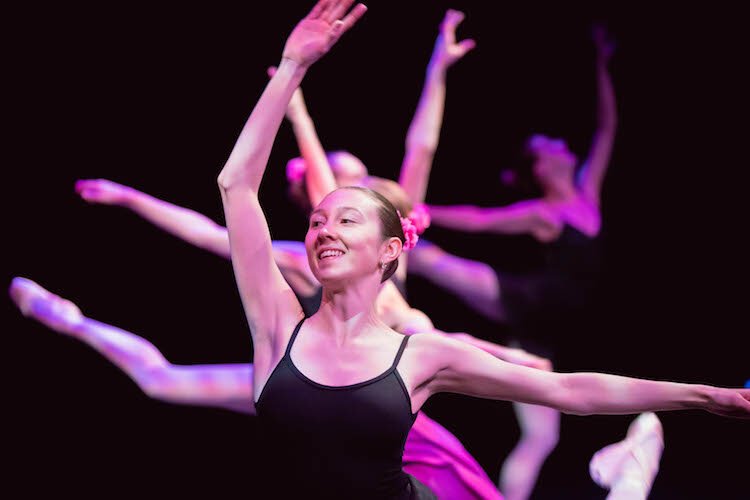
For the past several years, Fort Wayne’s arts and culture organizations have been at the forefront of the city’s revival, attracting talent to the region and giving the community an emerging sense of character and local pride.
Now, it’s time for Fort Wayne’s community to give back to the arts when they need it most, Mendenhall says.
“What’s important for the public to know is that arts and culture are part of what has made this community great,” she says. “We’ve built Fort Wayne as a place that is growing and proud of itself, and as we go through this crisis—this health and financial crisis—I think it’s important that we keep our sights on what happens on the other side of it and continue to work toward making Fort Wayne the best place it can be.”
To help organizations in the meantime, Arts United has been sending out daily briefings to its members with standardized information to keep everyone on the same page as the crisis unfolds.
With social distancing practices and strict limits on the number of people allowed to be in the same room, it prevents organizations like the Philharmonic and Fort Wayne Ballet from hosting previously scheduled shows—even as televised events.
Instead, many arts organizations have had to cancel all events through mid-April, at which point they will re-assess the situation, Mendenhall says.
To prevent artists and organizations from losing money in the meantime, Arts United released a list of best practices for supporting the arts in crisis, which includes not asking for refunded tickets to canceled events and just considering the loss a donation.
“People have been responding very well to that,” Mendenhall says.
She says another thing that the community has been doing well is advocating for the arts when they need it most.
While large performances will not be taking place anytime soon, determined groups and individual artists are finding innovative ways to reach the public.
For instance, the Philharmonic’s brass quintet got together last week, and recorded themselves playing six feet apart, per social distancing restrictions. That performance will be released online. Watch the Philharmonic and Arts United Facebook page for details, Mendenhall says.
Facebook Livestreaming is becoming another popular avenue for artists and organizations looking to reconnect with audiences.
Local art galleries have talked about offering live stream tours, and musicians like Alicia Pyle have been utilizing live streams to host concert fundraisers and support independent artists, Mendenhall adds.
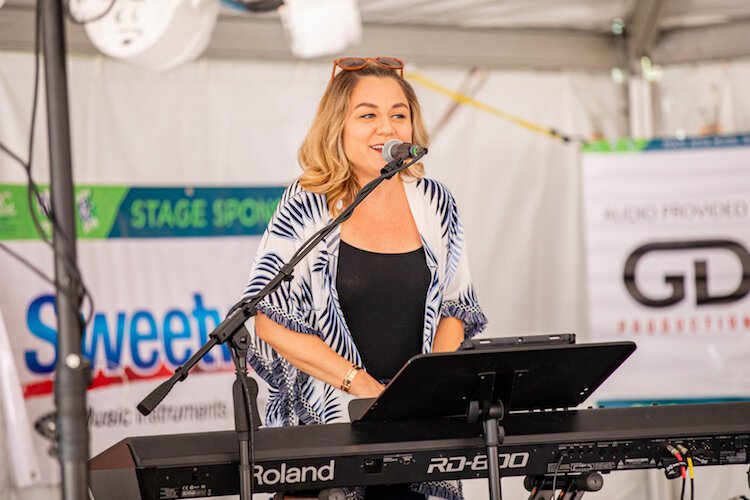
Other groups that offer art classes for youth in Fort Wayne are developing creative ways to do instruction online, too.
When it comes to deploying creative solutions in the midst of chaos, she has no doubt that Fort Wayne’s community and its arts organizations are up to the challenge.
“Even if it’s just two people in a room doing a poetry slam or a dance class, they’re all starting to think pretty innovatively in a relatively short amount of time,” she says. “Necessity is the mother of invention, and we are at a time when creative people will be called upon to think and plan creatively. We may see arts and culture organizations reinvent themselves as a result of this.”
As local art experiences are shared online, Arts United will be posting as many as it can to its social media channels and pushing them out in the organization’s email newsletter.
“We usually have the Arts and Culture Forecast newsletter, but we may be repurposing it for a period of time,” Mendenhall says.
On the state and federal levels, organizations like Americans for the Arts and the League of American Orchestras are stepping up to advocate for the arts with lawmakers, encouraging them to support legislation that will be friendly to small businesses, nonprofits, and independent musicians and artists of all stripes, Mendenhall says.
On the local level, Arts United is working with Greater Fort Wayne Inc. and the Northeast Indiana Regional Partnership to conduct surveys of area small businesses, which will ultimately result in COVID-19 relief funding. After all, artists are considered small business owners, too, Mendenhall reminds us.
“Every independent artist is a small business; They are an entrepreneur,” she says.
And when it comes to supporting creative entrepreneurs as Fort Wayne recovers from COVID-19, Mendenhall has high hopes.
“My feeling is that we’ll come out on the other end of it smarter and stronger,” she says.


